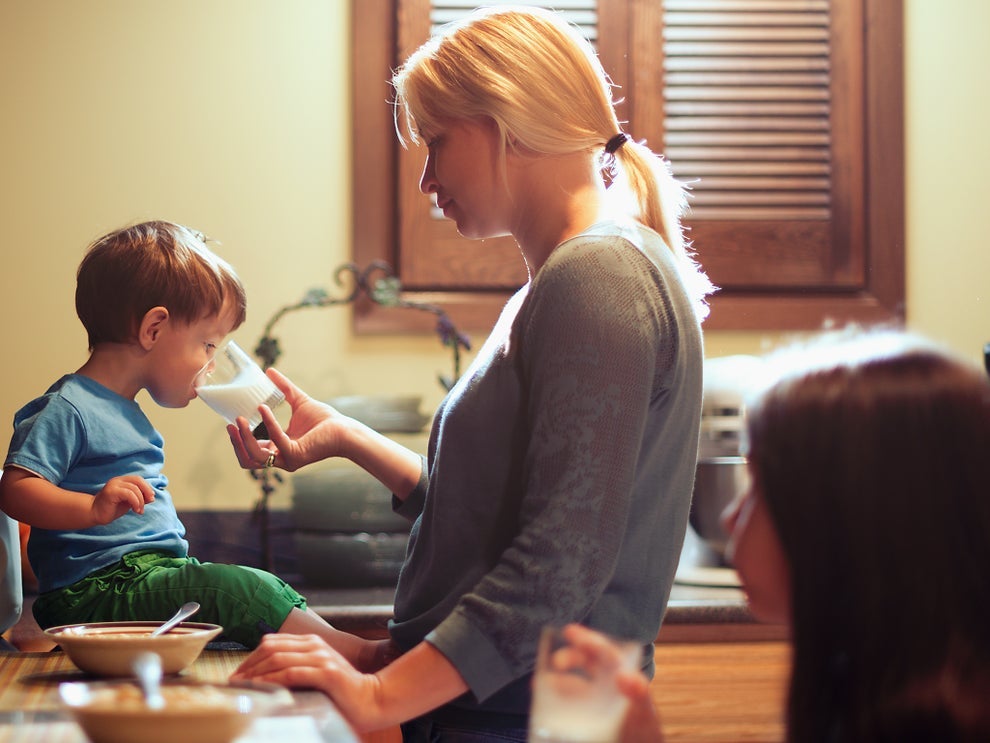More than half a million more families with children on universal credit since start of pandemic, figures show
Charities warn parents are forced to make ‘impossible’ choices due to financial hit from coronavirus

Your support helps us to tell the story
From reproductive rights to climate change to Big Tech, The Independent is on the ground when the story is developing. Whether it's investigating the financials of Elon Musk's pro-Trump PAC or producing our latest documentary, 'The A Word', which shines a light on the American women fighting for reproductive rights, we know how important it is to parse out the facts from the messaging.
At such a critical moment in US history, we need reporters on the ground. Your donation allows us to keep sending journalists to speak to both sides of the story.
The Independent is trusted by Americans across the entire political spectrum. And unlike many other quality news outlets, we choose not to lock Americans out of our reporting and analysis with paywalls. We believe quality journalism should be available to everyone, paid for by those who can afford it.
Your support makes all the difference.More than half a million families with children have started claiming universal credit since the start of the pandemic, prompting fresh concern about the impact of coronavirus on child poverty levels.
New government data shows over 509,000 households with children started claiming the benefit between April and August – a 42 per cent increase – with the latest published figure standing at 1.7 million.
The biggest rise was seen among couples with children, which jumped 87 per cent in the four months, from 322,100 to 601,800.
However, there were still considerably more single-parent families on universal credit, with this figure increasing from 889,800 to 1.1 million – a rise of 26 per cent.
Overall, universal credit claims increased by 70 per cent between March and August 2020, from 2.7 million to 4.6 million.
It comes after separate figures, also published on Tuesday, revealed a record rise in redundancies between July and September, with the UK unemployment rate rising to 4.8 per cent from 4.5 per cent in the previous quarter, as Covid-19 continued to hurt the jobs market.
Campaigners warned that household budgets were being “stretched to the limit” and that things would only get worse as unemployment rates continue to surge.
They called on ministers to make the £20 boost to universal credit it introduced permanent, rather than cut it back in April 2021 as planned, to prevent families from falling further into crisis.
Karen Buck MP, Labour’s shadow social security minister, said: “As unemployment continues to rise more and more families are relying on universal credit, Labour has called on the government to strengthen the safety net and offer families security in this crisis.
“It is unbelievable that the government is on course to cut universal credit by £20 a week in April, when we know the pandemic will still be affecting people’s livelihoods. It must commit now to not cutting universal credit for millions of families in the midst of a jobs crisis.”
Analysis by Citizens Advice last month found that three in four people on universal credit would not be able to cover their essential household bills if the uplift was removed – an increase of 32 points on the current 43 per cent.
Responding to the new figures, Becca Lyon, head of child poverty at Save the Children, said: “For the many families who have found themselves having to rely on universal credit, every day can be an agonising struggle to stay afloat.
“Parents tell us they’re having to make impossible choices – cutting back on food or heating, running up debts, or relying on charities and food banks to feed and clothe their children.”
She said that while the government’s U-turn on free school meals this week was “welcome”, even with this extra help, household budgets were being “stretched to the limit”, and warned that things would only get worse as unemployment rates continue to surge.
She called on ministers to make permanent the £20 boost to universal credit it introduced earlier this year to prevent families from facing the prospect of losing over £1,000 in benefits from April, for which she said children would “pay the price”.
“Our country’s safety net is supposed to help those who need it through difficult times. Something has gone seriously wrong if we’re taking money away from struggling families in the midst of a pandemic,” she added.
Alison Garnham chief executive of Child Poverty Action Group, said: “Many who are forced to claim are shocked to find just how hard it is to get by on universal credit. The government was right to increase universal credit by £20 per week, but if it is serious about protecting children from poverty that uplift has to be made permanent.
“Emergency food aid helps in the here and now but if we are looking for lasting solutions to child poverty families must have both enough to live on and security of income.”
A government spokesperson said: “During this challenging time we have provided £9.3bn extra welfare support to help those most in need, putting extra money directly into the people’s pockets by increasing universal credit by £20 per week, as well as introducing income protection schemes, mortgage holidays and additional support for renters.”




Join our commenting forum
Join thought-provoking conversations, follow other Independent readers and see their replies
Comments